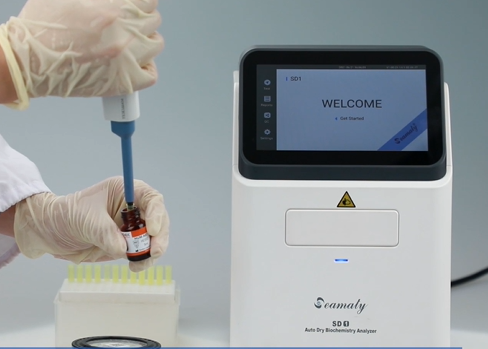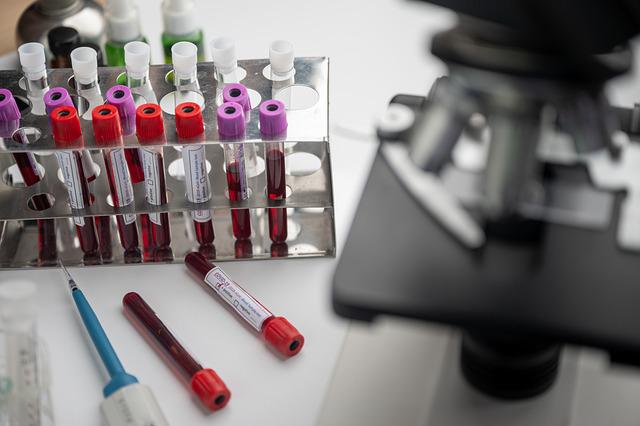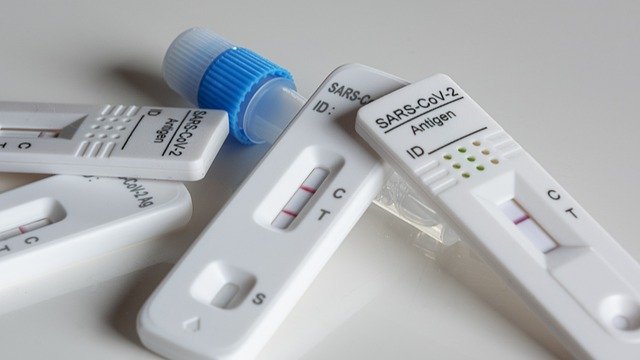release time:2021-10-09 16:17:41
The use of the process needs to be set to the conductivity of 1us/cm or less. The use of biochemical analyzers have high requirements for water quality. Unqualified water quality will not only affect the test results, but also damage to the automatic biochemical analyzer. The conductivity of the biochemistry analyzer is usually set at 0.5us/cm. If the conductivity is higher than 0.8us/cm, the biochemistry machine needs to be maintained and serviced by a professional engineer.


2022-03-18
As a practitioner in the in vitro diagnostics industry, blood is closely related to our products. Biochemical analysis, immunoassay, blood cell analysis, blood coagulation analysis, etc. are all dependent on blood.

2022-01-28
Any test has its advantages and disadvantages, the key is to apply it in the right scenario. The operational process, especially the sampling process, needs to meet specifications.

2021-12-29
Biochemistry analyzers serve as the core equipment for laboratory testing because of the critical data they can provide. Laboratory analysts help quickly assess emergency cases, identify potential risks prior to surgery and anesthesia, and perform health tests to establish baseline data and measure changes.